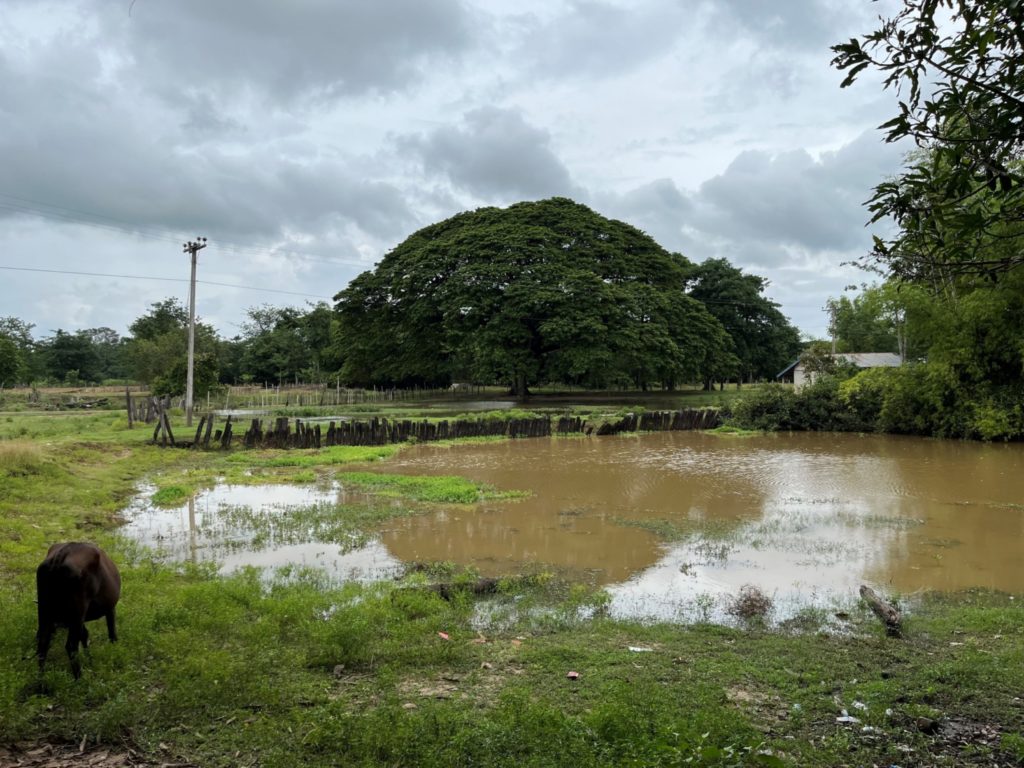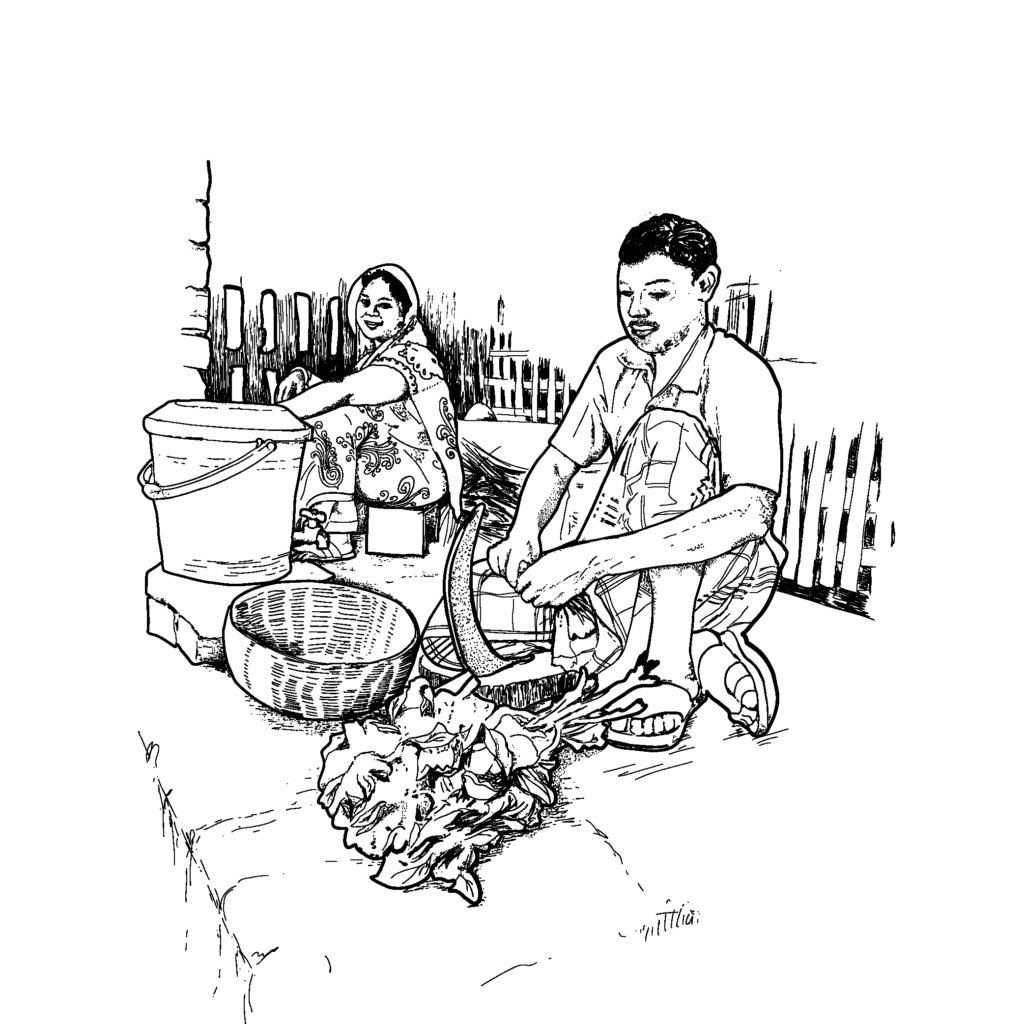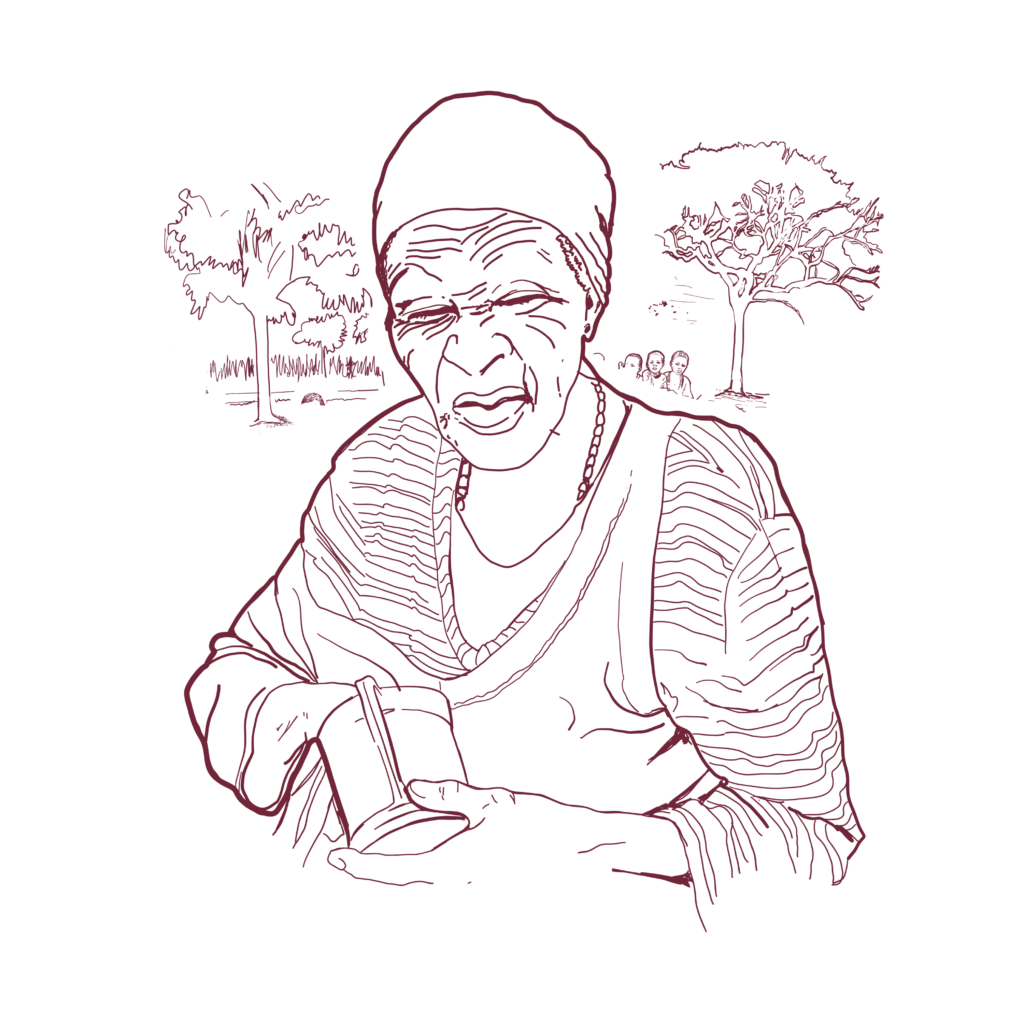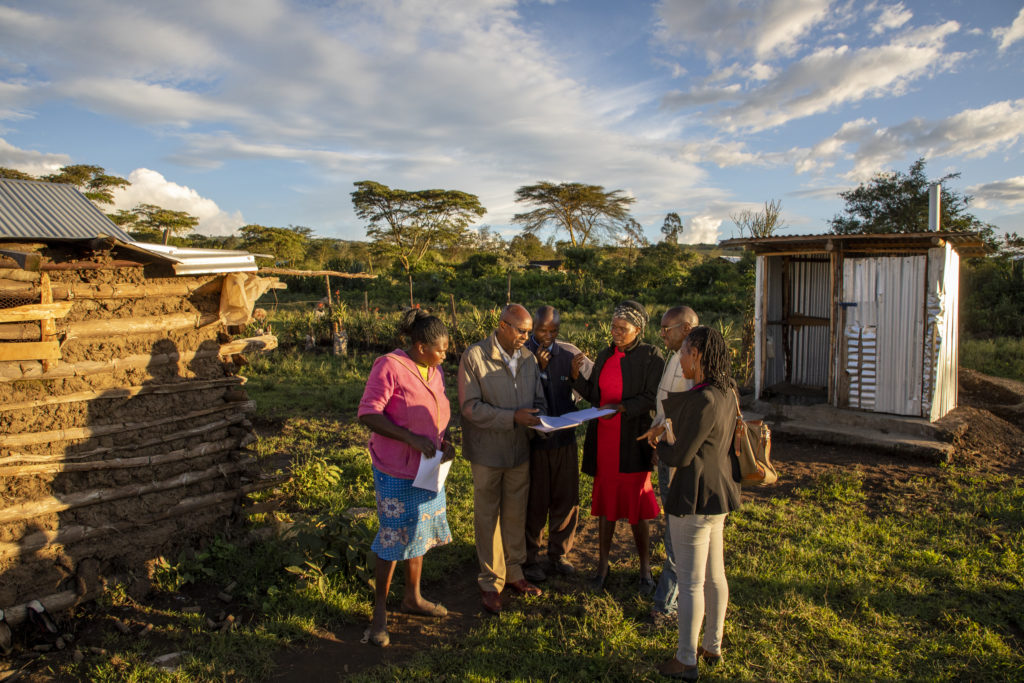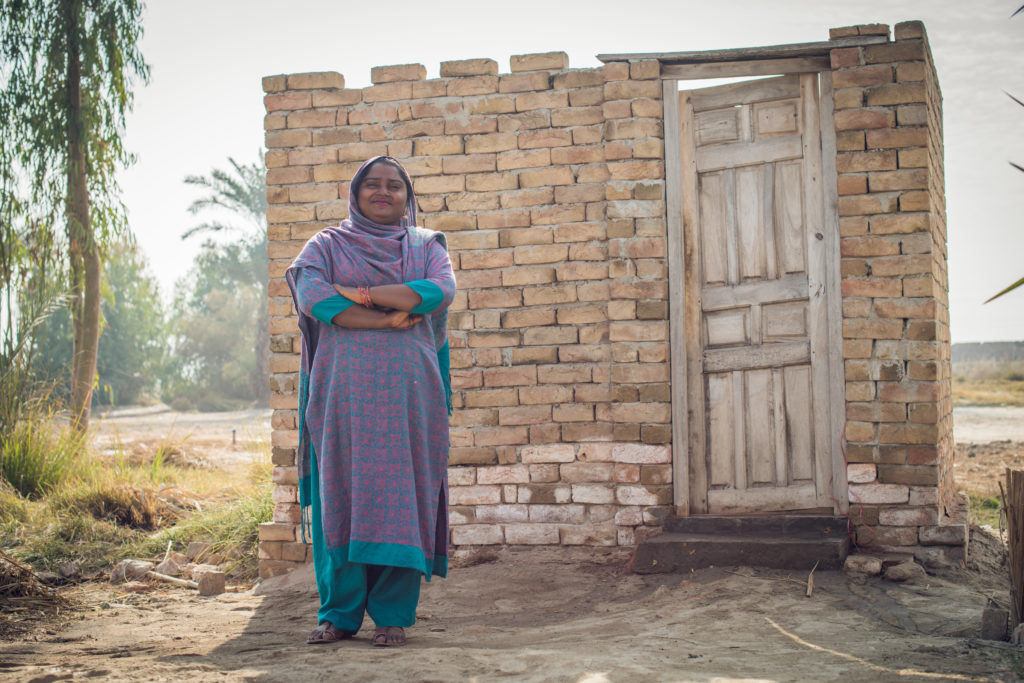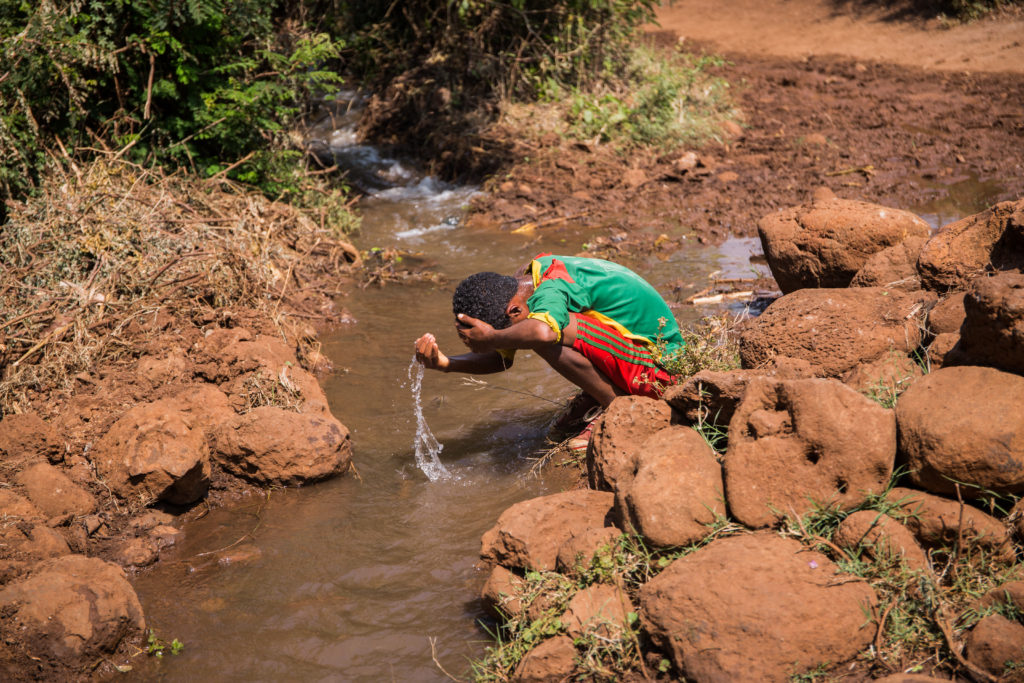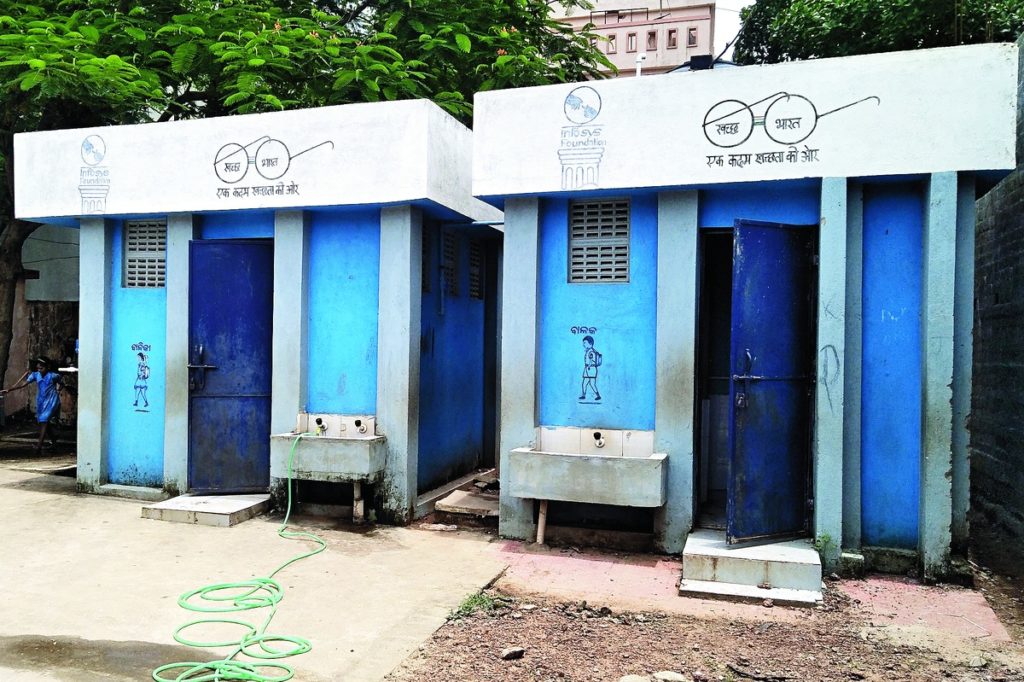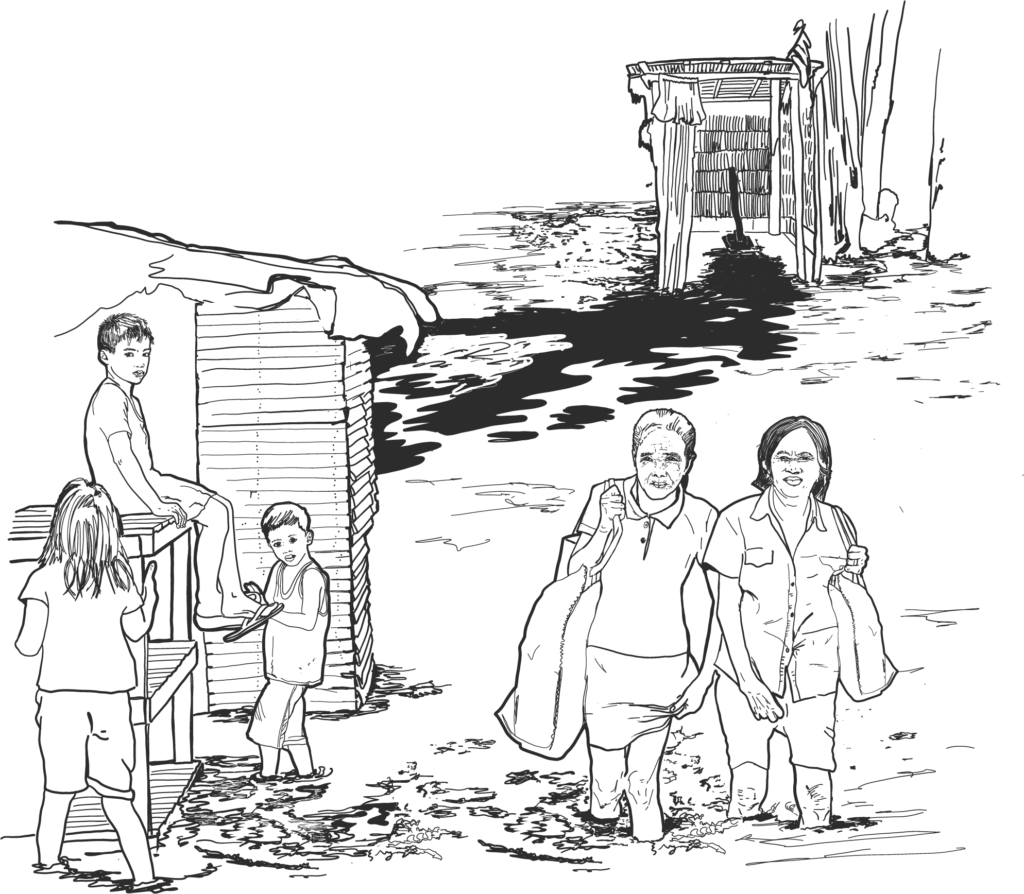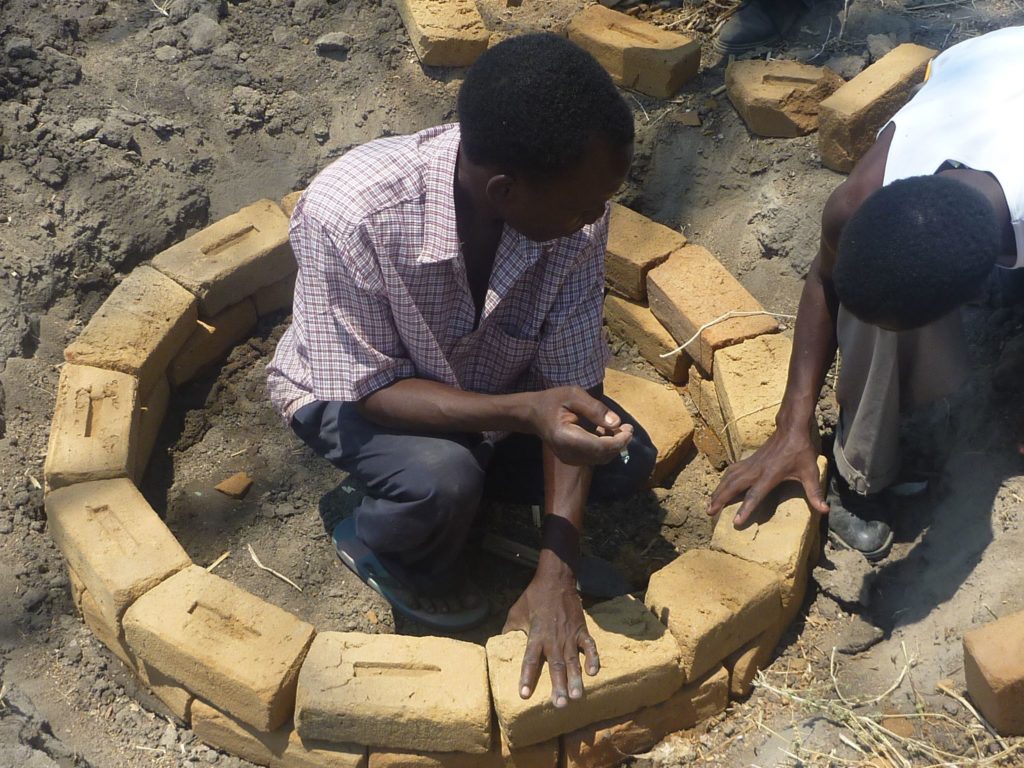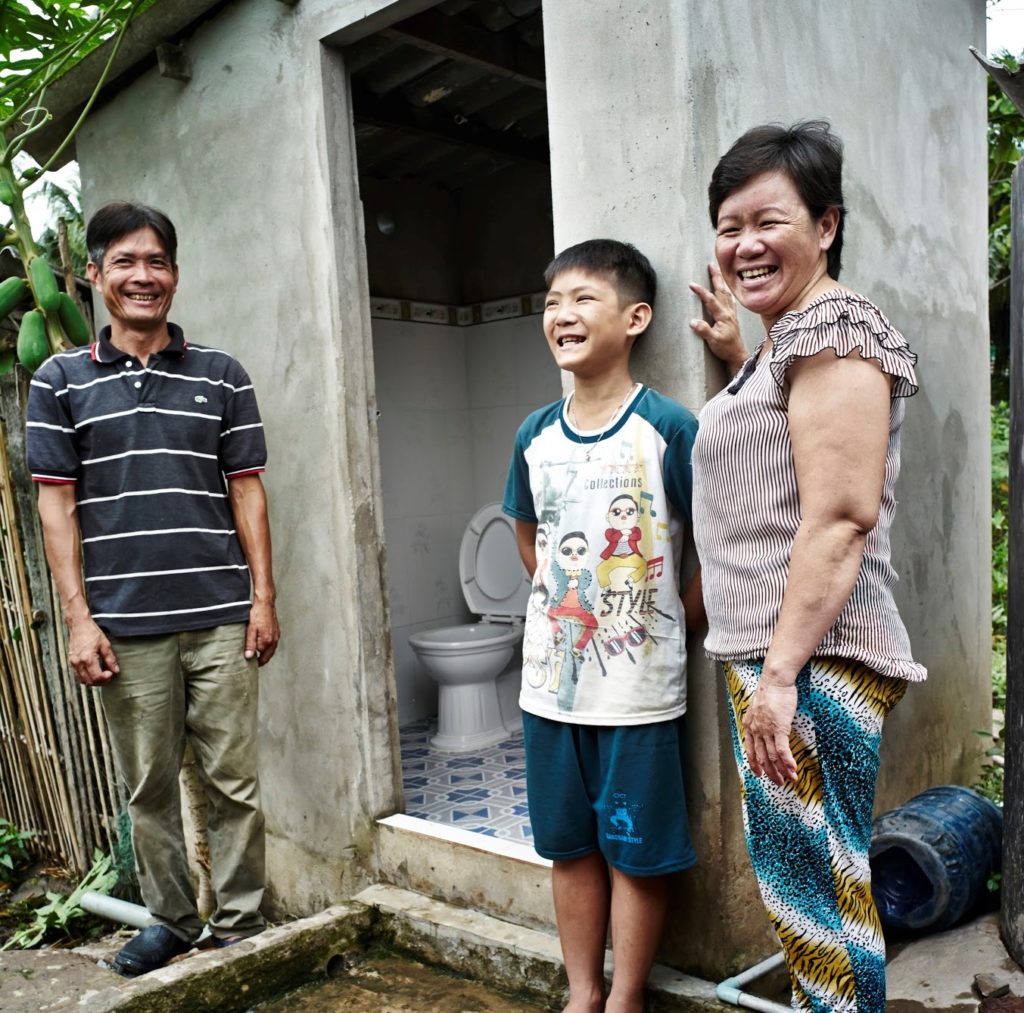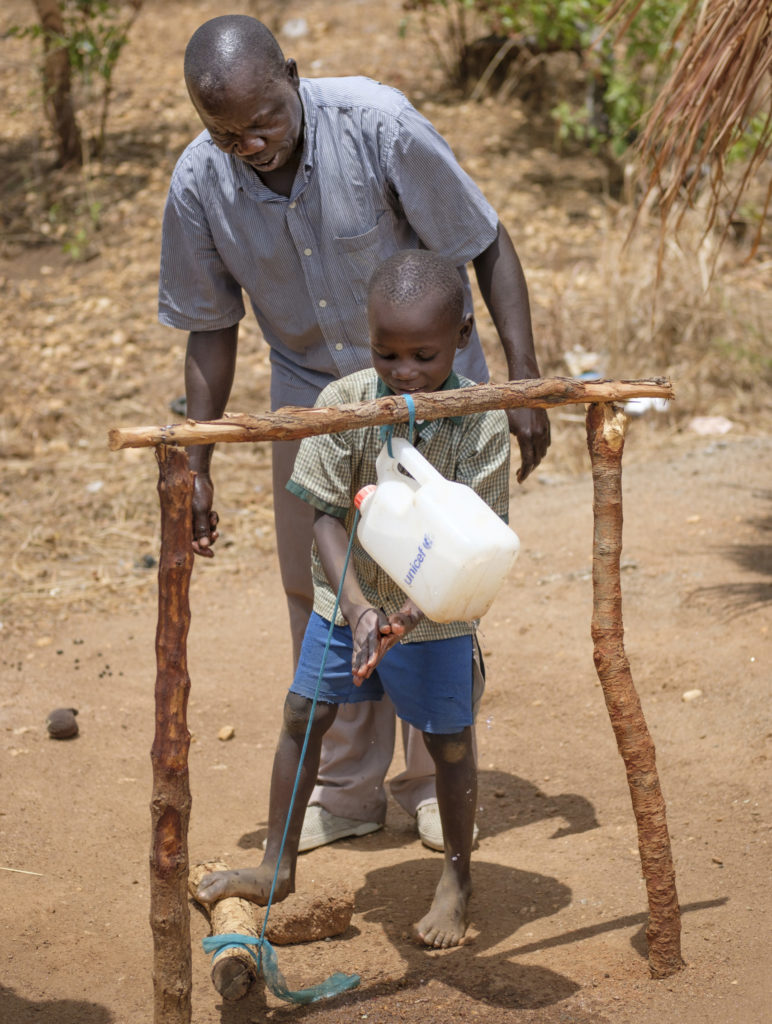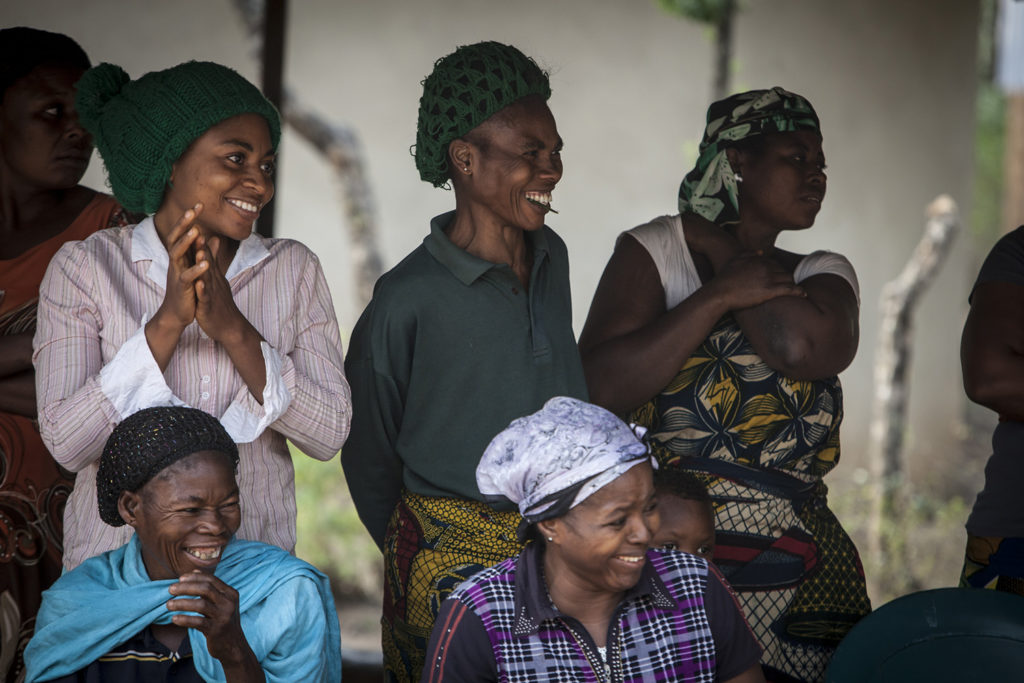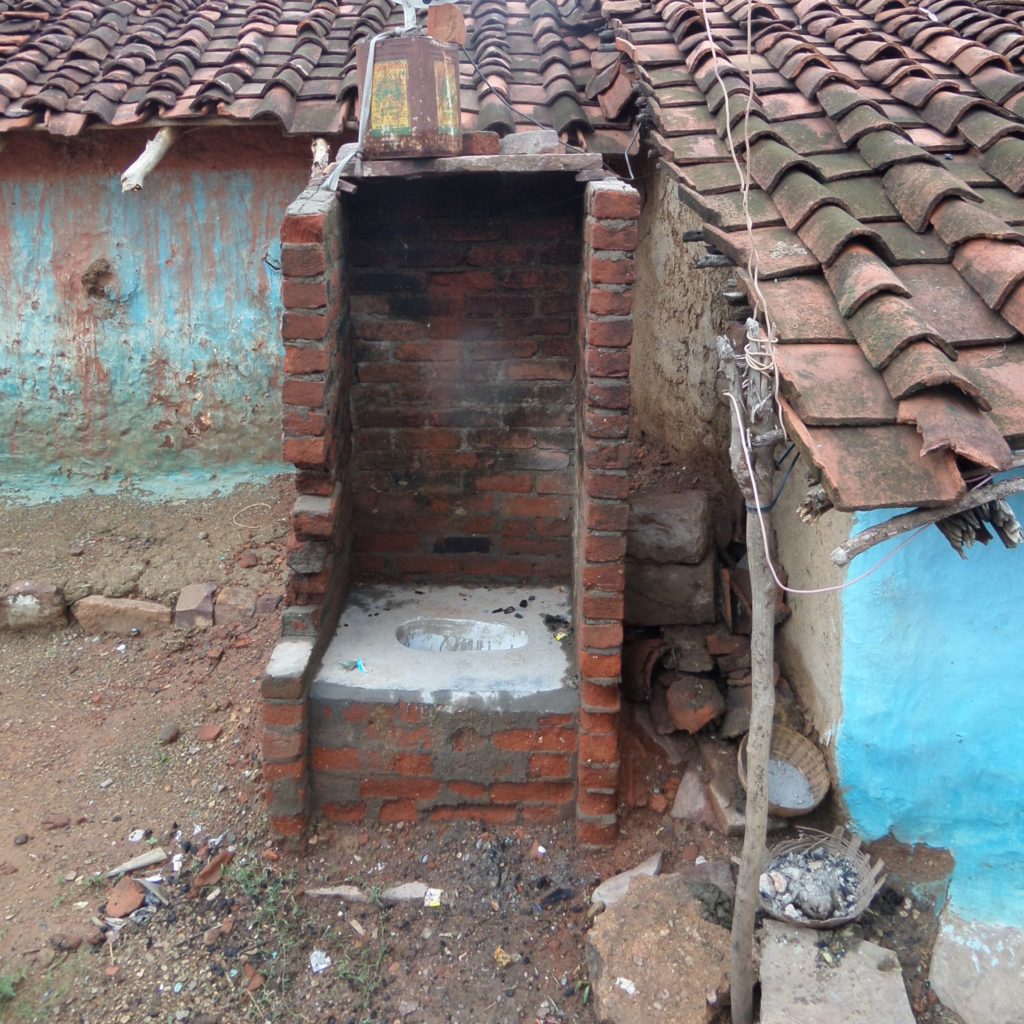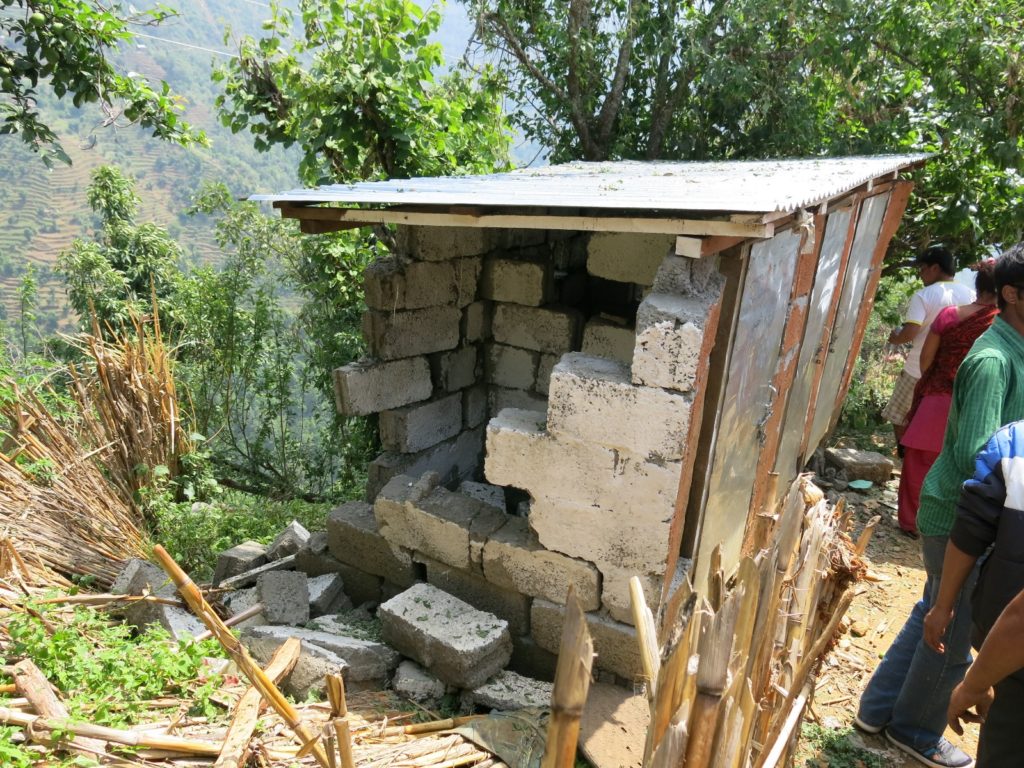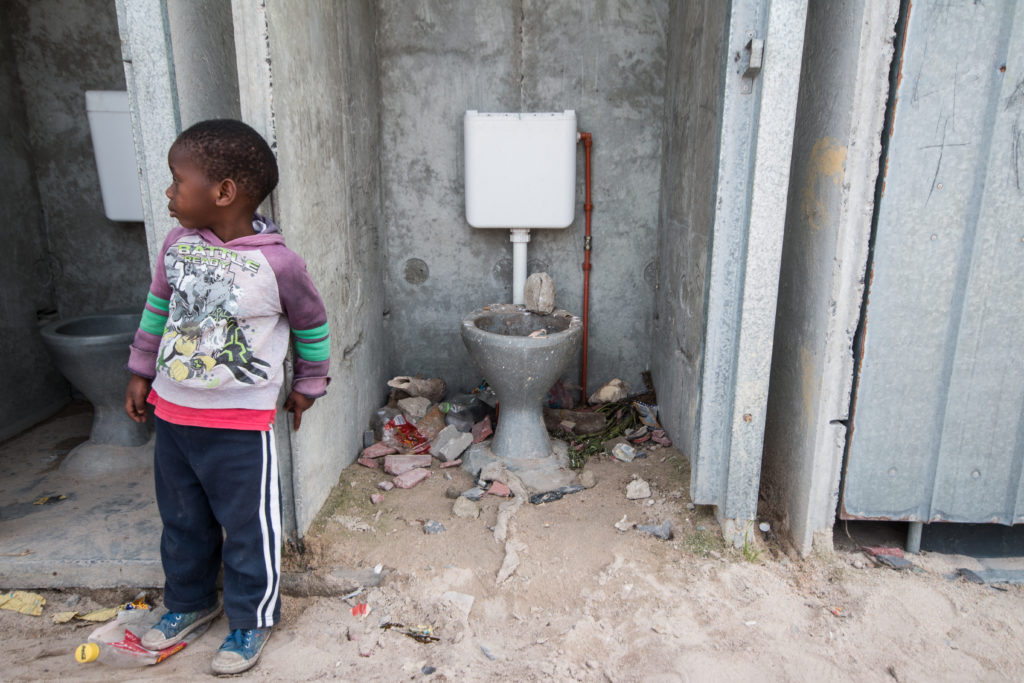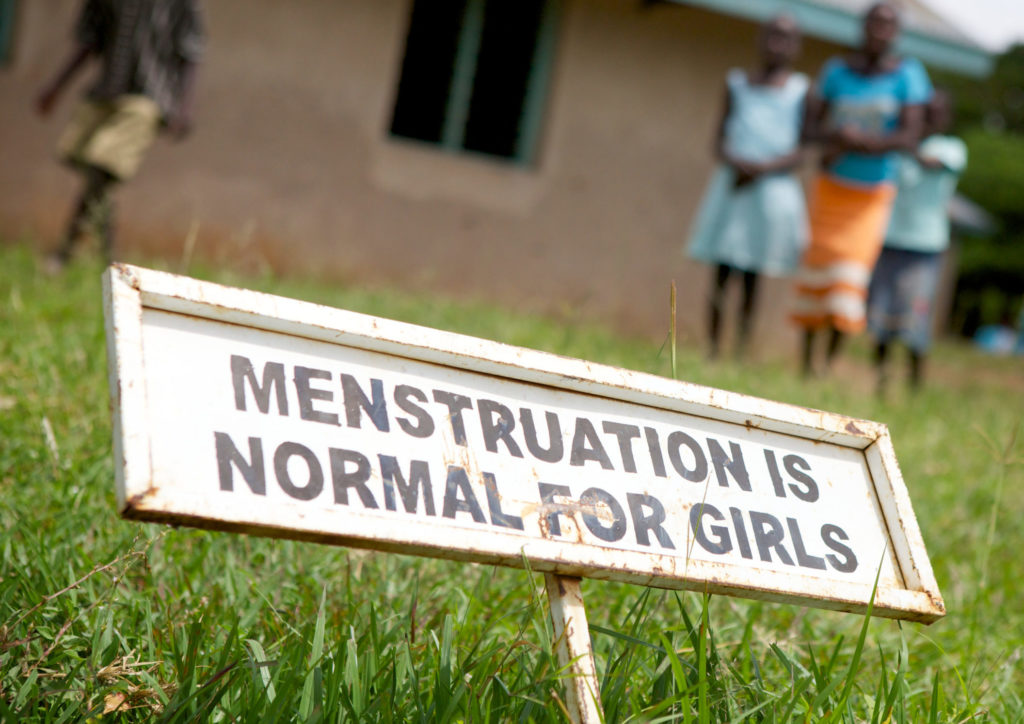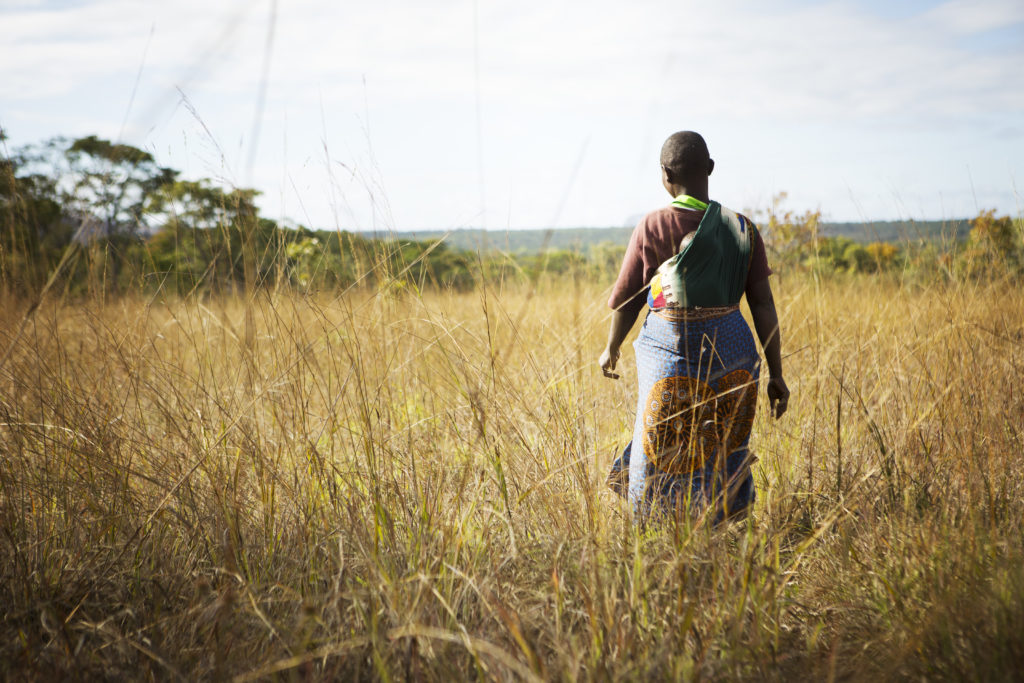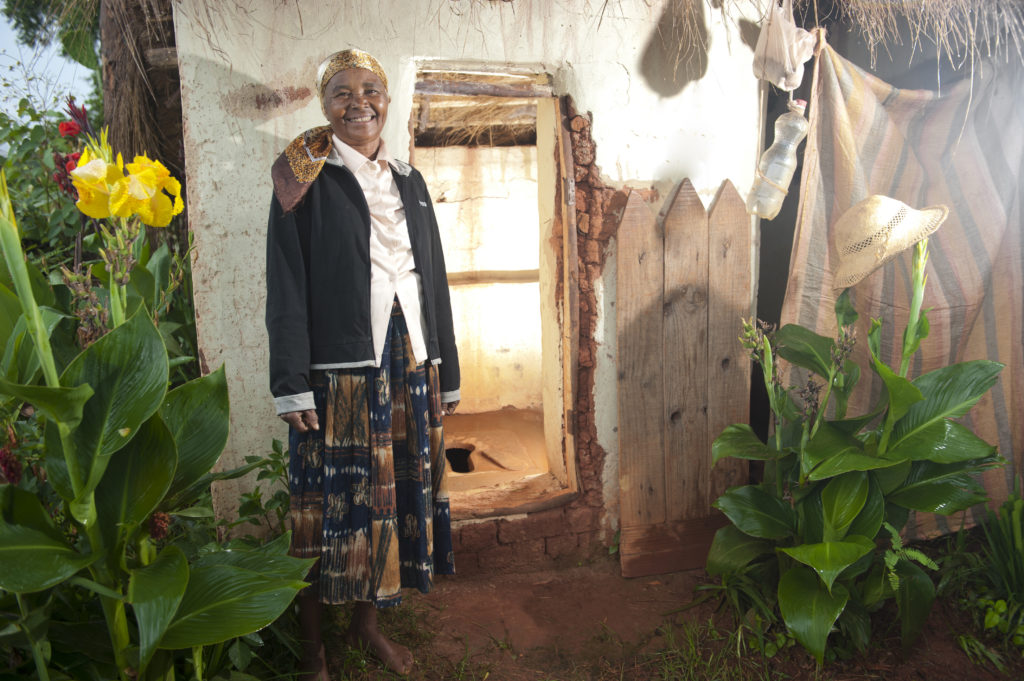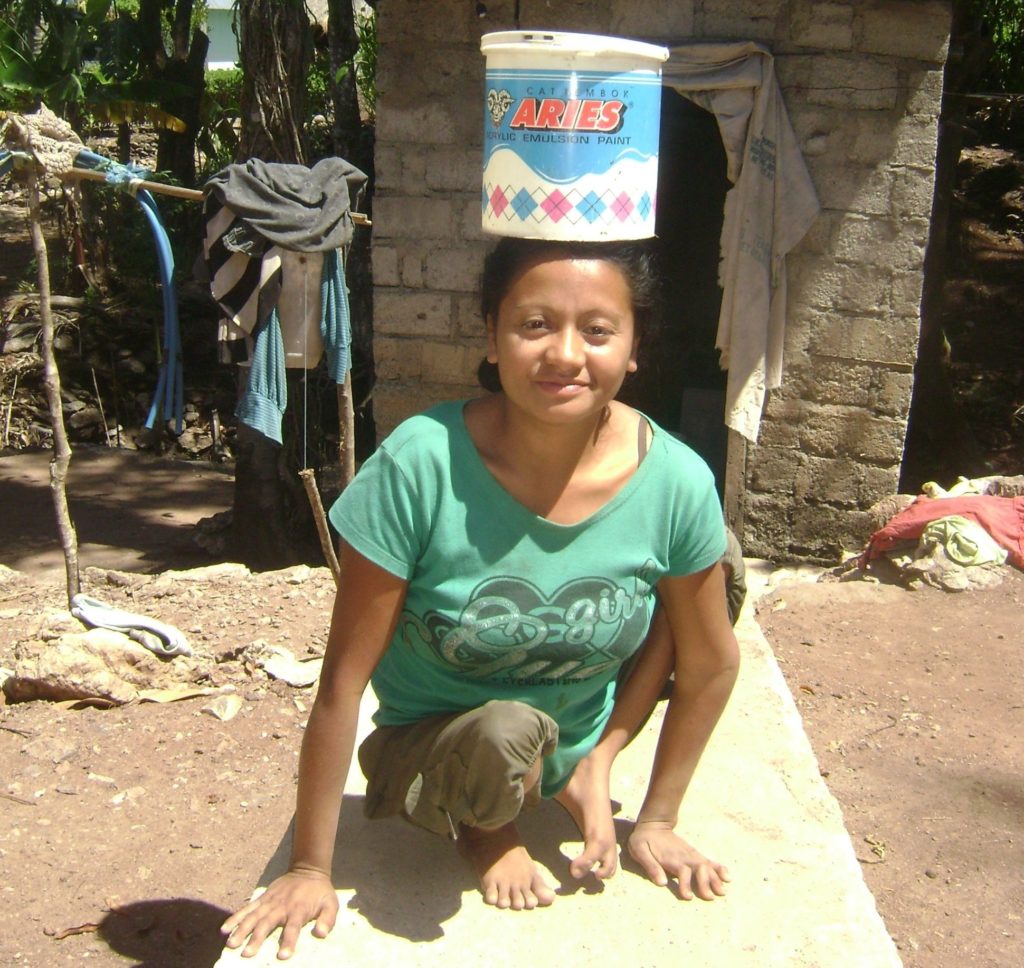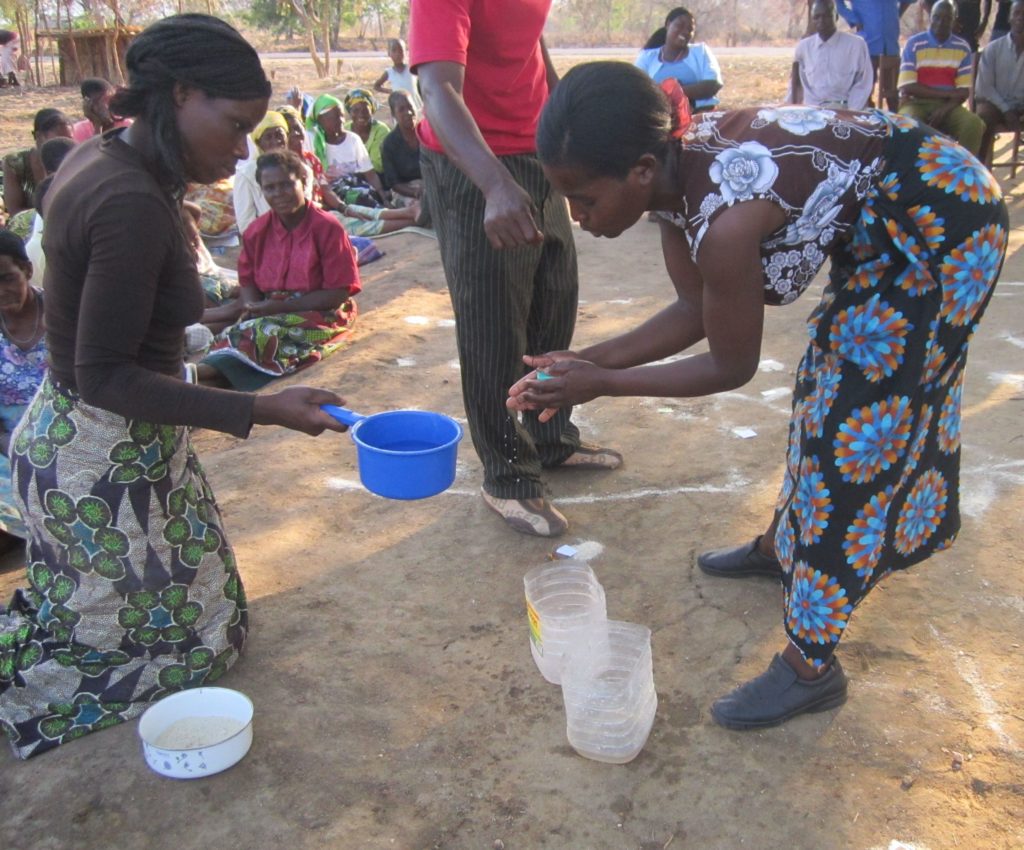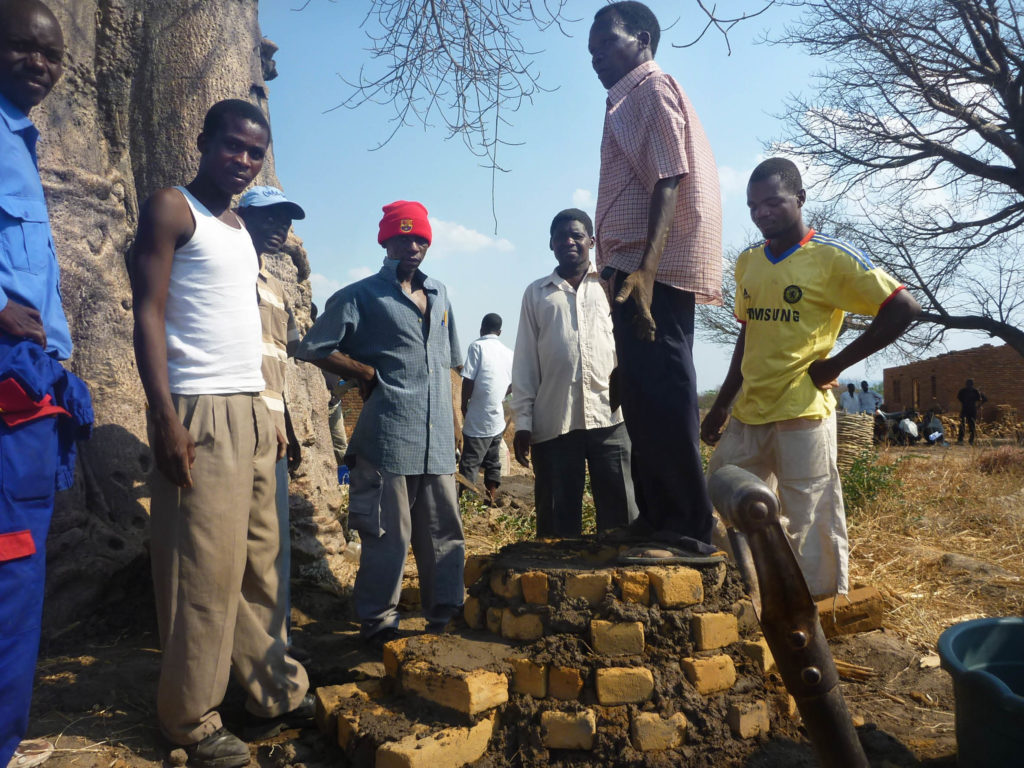Learning and scoping studies attempt to answer questions to gaps and blind spots in the sanitation and hygiene sector. The topics are generated in discussion with stakeholders and either conducted by the SLH, commissioned or developed in workshops.
The aim is to generate understanding and awareness as well as providing practical guidance for both policy makers and practitioners. These publications are distinctive in that they are academically credible (peer-reviewed), action-orientated and produced in a way that gets information to practitioners quickly.
The SLH prides itself on providing practical guidance and rapidity: not being bound by the strict protocols that often result in delays in academic publishing, we are able to release information in a timely fashion when it is still current.
This process enables knowledge to be quickly assessed, lessons learnt developed and practical actions given on topics that are overlooked but need attention by the S&H sector if we are meet SDG 6.2.
Past reviews over the past 10 years have focused on ways to engage men and boys in hygiene programming, tackling slippage, exposing the multiple linkages between a lack of sanitation and health and identifying the challenges and potential ways forward for rural sanitation in sub-Saharan Africa.





